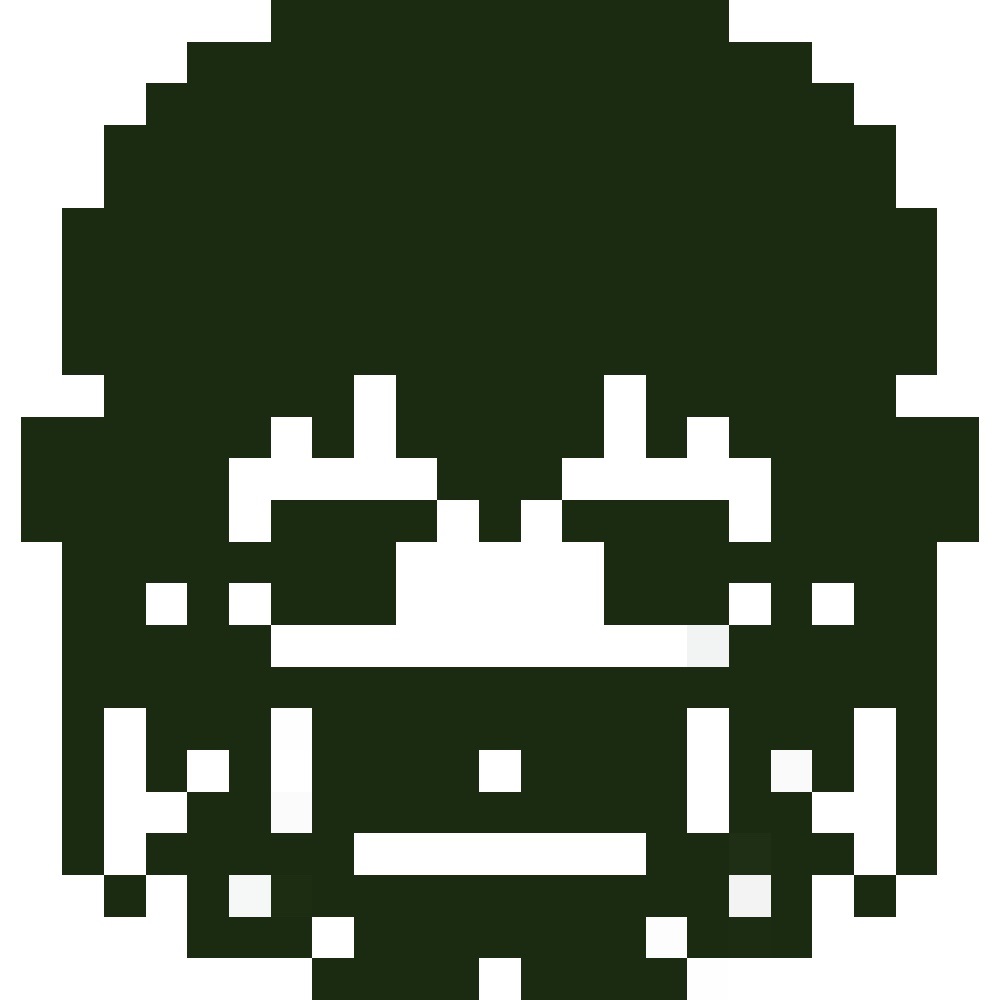[DirectX 12] #3-4. Scene
들어가며
이전까지는 게임의 객체를 Client의 Game 클래스에서 관리했는데, 이제는 Scene에서 관리하는 방식으로 바꿔본다. 이번 시간에는 Scene에 대해 알아보고 Scene과 SceneManager를 구현해본다.
Scene
- Scene이란?
- 여러 GameObject를 보관하고, 생명 주기에 따라 각각의 객체들을 일괄적으로 관리한다.
- 예를 들어, 게임을 시작하면 로그인 Scene, 로그인 Scene, 게임 Scene처럼 각각의 상태나 공간을 Scene으로 나누어 관리한다.
- 각 Scene은 자신만의 GameObject들을 가지고 있고, 현재 활성화된 Scene만 업데이트된다. 필요시 새로운 Scene으로 교체되는데, 이 때 이전의 Scene의 객체들의 메모리를 정리하는 작업이 필요하다.
- 멤버 변수
- scene에서 관리하는 모든 Object를 보관하는 벡터이다.
vector<shared_ptr<GameObject>> _gameObjects;
- 객체 추가/삭제
Scene::AddGameObject()_gameObjects.push_back(gameObject);Scene::RemoveOBject()auto findIt = std::find(_gameObjects.begin(), _gameObjects.end(), gameObject); if (findIt != _gameObjects.end()) { _gameObjects.erase(findIt); }
- 생명 주기 함수
- 참고. 스마트 포인터를
const shared_ptr<>&형태로 참조하는 이유는 reference count 증가를 막기 위함이다. (참조 형태로 사용하지 않으면 reference count가 증가됨)
- 참고. 스마트 포인터를
void Scene::Awake()
{
for (const shared_ptr<GameObject>& gameObject : _gameObjects)
gameObject->Awake();
}
void Scene::Start()
{
for (const shared_ptr<GameObject>& gameObject : _gameObjects)
gameObject->Start();
}
void Scene::Update()
{
for (const shared_ptr<GameObject>& gameObject : _gameObjects)
gameObject->Update();
}
void Scene::LateUpdate()
{
for (const shared_ptr<GameObject>& gameObject : _gameObjects)
gameObject->LateUpdate();
}
SceneManager 클래스
현재 활성화된 Scene을 관리하는 매니저로, 싱글톤 패턴으로 구현되어 전역에서 하나의 인스턴스만 존재한다.
- 싱글톤 매크로(
EngniePch.h)DECLARE_SINGLE(type)매크로를 클래스에 선언하면, 해당 클래스는 전역에서 하나의 인스턴스만 가질 수 있다.GET_SINGLE(type)매크로를 통해 인스턴스를 어디서든 가져올 수 있다.
#define DECLARE_SINGLE(type) \
private: \
type() {} \
~type() {} \
public: \
static type* GetInstance() \
{ \
static type instance; \
return &instance; \
}
#define GET_SINGLE(type) type::GetInstance()
- 멤버 변수
- 현재 실행 중인 Scene을 저장한다.
shared_ptr<Scene> _activeScene;
SceneManager::Update()- 현재 활성화된 Scene이 존재하면, 해당 Scene의
Update()와LateUpdate()를 호출한다.
- 현재 활성화된 Scene이 존재하면, 해당 Scene의
if (_activeScene == nullptr)
return;
_activeScene->Update();
_activeScene->LateUpdate();
SceneManager::LoadScene()- 기존 Scene을 정리하고 새로운 Scene을 load한다.
Awake()→Start()호출로 초기화를 진행한다.
void SceneManager::LoadScene(const wstring& sceneName)
{
// TODO: 기존 Scene 정리
// TODO: 파일에서 Scene 정보 로드
_activeScene = LoadTestScene();
_activeScene->Awake();
_activeScene->Start();
}
SceneManager::LoadTestScene()- 테스트 전용 Scene을 임시로 구성하고 반환한다.
- 이전에 Client에서 구현했던 GameObject 관련 코드를 옮겨 구성한다.
shared_ptr<Scene> scene = make_shared<Scene>();
// GameObject 생성 및 구성 (Client의 Game::Init()에서 가져온 코드)
// ...
scene->AddGameObject(gameObject);
return scene;
Input, Timer 클래스
전역으로 관리되던 Input과 Timer 클래스를 SceneManager와 마찬가지로 싱글톤으로 수정해보자.
- 클래스 선언부 수정
DECLARE_SINGLE(Input);
DECLARE_SINGLE(Timer);
- 매크로 수정(
EnginePch.h)
#define INPUT GET_SINGLE(Input)
#define DELTA_TIME GET_SINGLE(Timer)
- Engine 클래스 수정
Engine::Init()GET_SINGLE(Input)->Init(info.hwnd); GET_SINGLE(Timer)->Init();Engine::Update()GET_SINGLE(Input)->Update(); GET_SINGLE(Timer)->Update(); Render();Engine::Render()RenderBegin(); GET_SINGLE(SceneManager)->Update(); // 여기서 Scene의 Update 호출됨 RenderEnd();
Game 클래스
Game 클래스에서는 Scene의 load와 Engine의 Update만 실행되도록하고, GameObject는 Scene에서 관리하도록 수정해보자.
Game::Init()수정- SceneManager에서 알아서 GameObject를 초기화한다.
GEngine->Init(info);
GET_SINGLE(SceneManager)->LoadScene(L"TestScene");
Game::Update()수정- Scene의 update 흐름이 포함된다.
GEngine->Update();
- Scene의 update 흐름이 포함된다.
- 결과
- Client(Game 클래스)에서는 Scene 로드만 수행하고, Engine(Scene 클래스)에서는 GameObject를 관리하도록 나눴다.
마치며
- 이번 시간에 배운 것
- Scene에 대한 개념과 클래스로 구현하기
- 싱글톤으로 SceneManager, Input, Timer 구현하기
- Engine과 Client에서 관리할 작업 나누기
섹션3이 드디어 끝났다!!!!! 섹션 4도 달려라.

Leave a comment